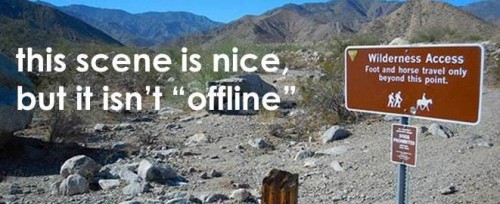A distinct feature of academically oriented blogs like Cyborgology is that these are spaces in which theories take shape over time through conversation, contradiction, progression, and stumbles. Rather than a finished product, readers find here a theoretical process, one that is far from linear and often fraught. It is in this messy and fractured way that theories of digital dualism and augmented reality continue to develop here at Cyborgology and connected sites. In this spirit of processual-theorizing, I want to further refine my material mapping of digital dualism for yet a third time*. With the ongoing dualism debates, the time is ripe for theoretical rethinking and adjustments. more...

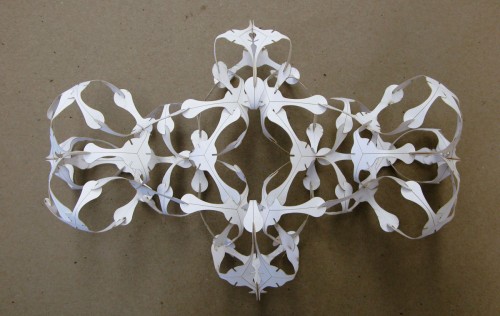
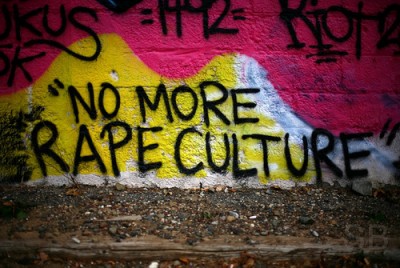
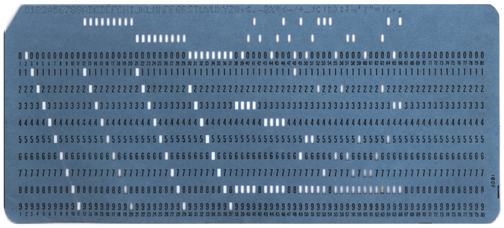
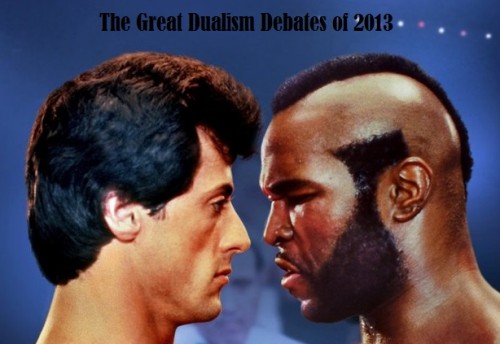
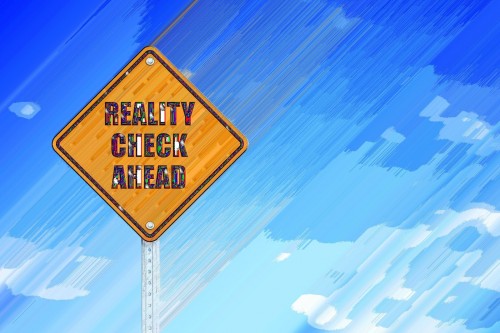
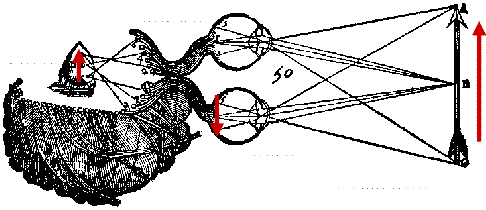

 I’m having a blast reading all of the recent posts about
I’m having a blast reading all of the recent posts about